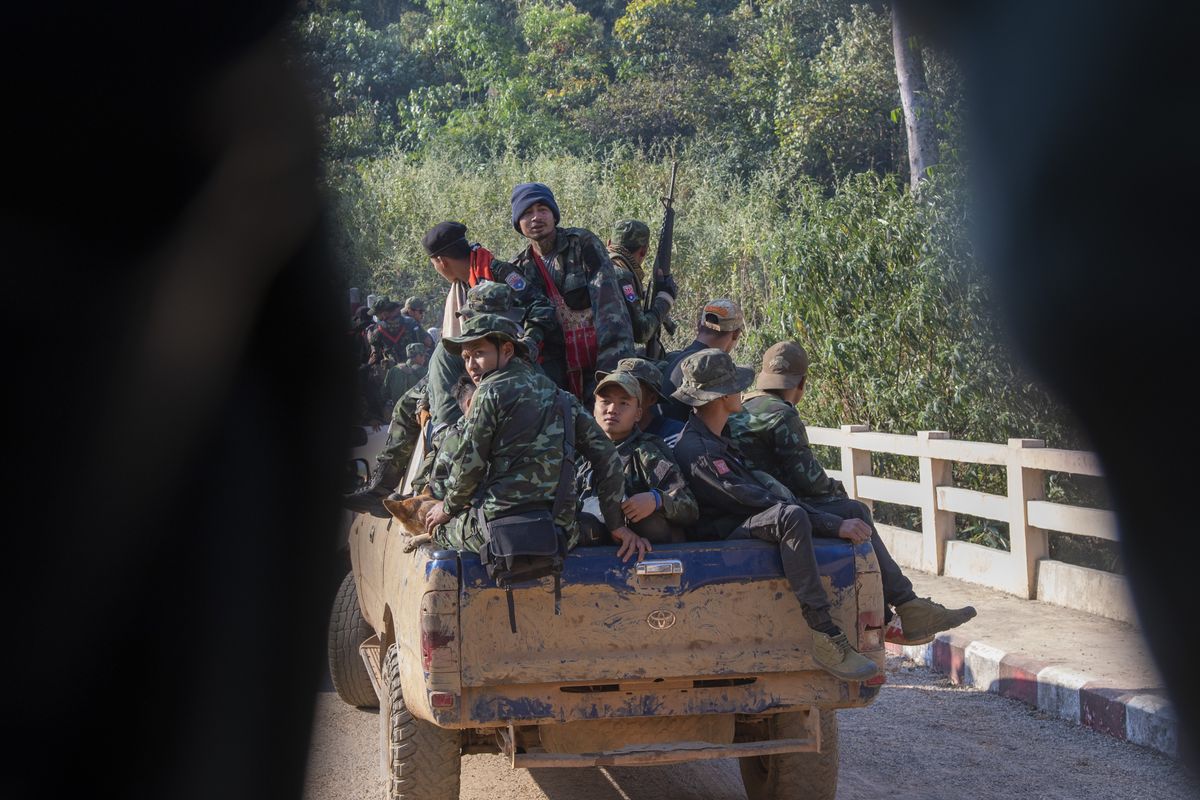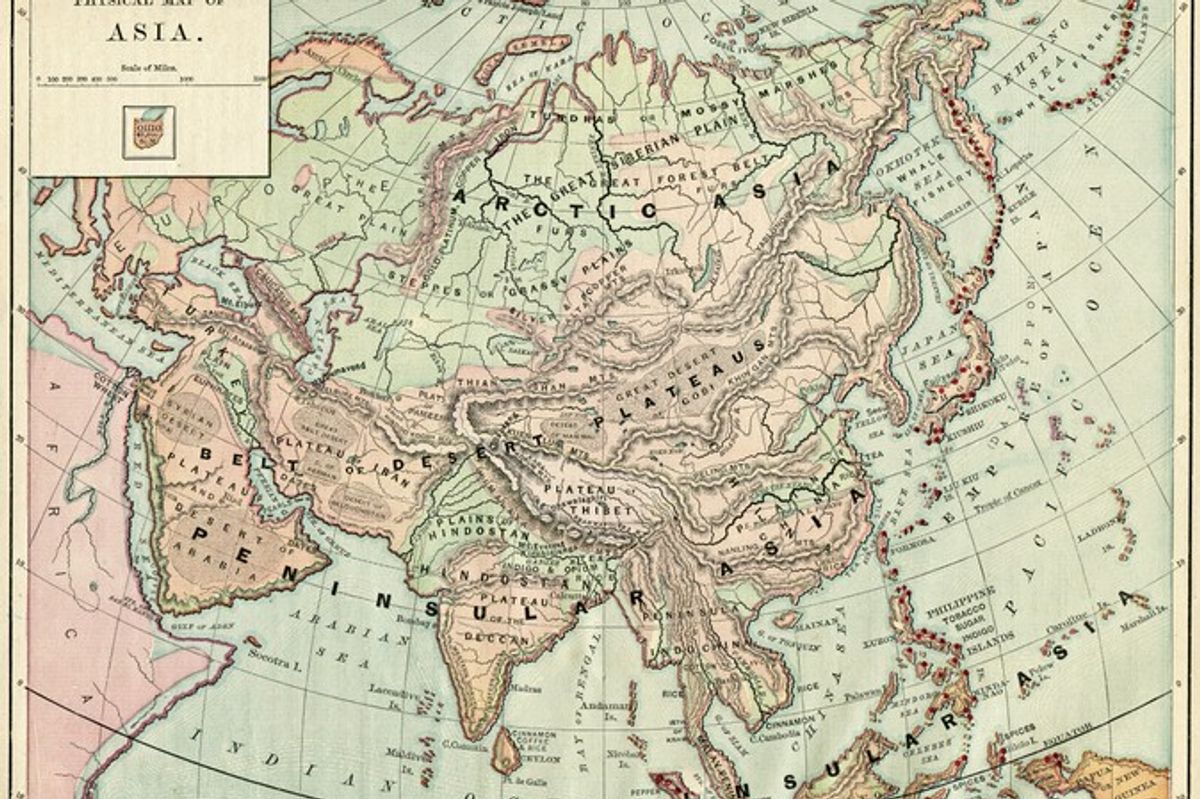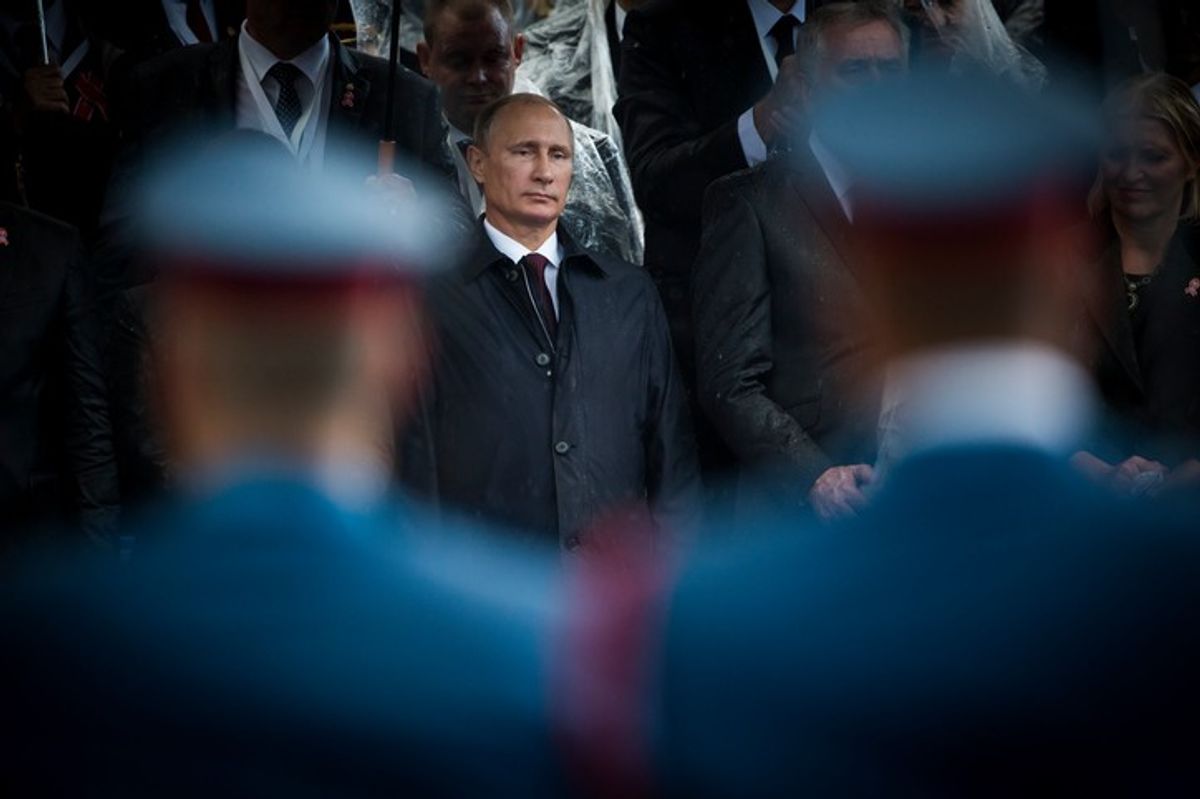After years of slow democratic reform, Myanmar celebrated a momentous achievement this week when Htin Kyaw was sworn in as President, making him the first democratically elected civilian president in over half a century.
Led by Nobel Peace Prize recipient and former political prisoner Aung San Suu Kyi, the National League for Democracy (NLD) won a parliamentary majority last November. The party earned nearly 80 percent of votes after a longstanding struggle for free and fair elections and now holds 395 out of 664 seats in the two houses of parliament, according to BBC.
However, the challenges are not at an end for the victorious NLD. With a constitutionally mandated 25 percent of seats still reserved for the military, the NLD must learn how to work around the military’s remaining stronghold in parliament.
The military’s entrenched power was first demonstrated when its leaders refused to budge on a constitutional stipulation barring Suu Kyi from becoming president because her two sons are not citizens of Myanmar. Instead Kyaw, a trusted confidant of Suu Kyi, will act as her proxy while she officially oversees the ministries of education, foreign affairs, and electric power and energy.
But politics are only one piece of the puzzle in Myanmar. The new government will face a country split by ethnic conflict and saddled with a 26 percent poverty rate as they attempt to spur the economy, implement constitutional reforms and garner respect from the international community.
The U.S. and other international actors placed stiff sanctions on the previous government in Myanmar due to human rights violations, corruption and failure to honor elections; these sanctions have eased as reforms were successfully implemented.
But despite more recent relaxation of these restrictions, U.S. sanctions on Myanmar remain a significant obstacle to economic growth and development in the country, explained Southeast Asia expert and research director at Bower Group Asia, Farrah Meisel.
“The key question now is whether Obama will decide to renew the remaining sanctions in May, which prevent U.S. companies from doing business with those companies blacklisted in Myanmar — many of which are significant economic players in the country,” Meisel said.
But even if the Obama Administration chooses to let the sanctions expire, Congress may not cooperate. It’s possible that Congress may wish to keep sanctions in place as leverage to prevent political backsliding. Meisel says it is difficult to predict what the U.S. government will ultimately decide.
According to Vice President of Bower Group Asia, Dr. Rafael D. Frankel, outsiders have good reason to trust Myanmar going forward. A new government, along with political stability, may pave the way for Myanmar to expand economically as its leaders seek to establish a friendly investment environment.
“One thing that international governments and investors have been looking at for the past few years is: how real is this reform process? There is no better indication of real reform than what we just saw here, which was a basically free and fair election and a peaceful transition of power,” Frankel said.
One of the top challenges for the new government will be generating a long-term national peace agreement with its ethnic minorities, namely the ethnic Rohingya people, part of Myanmar’s Muslim minority.
For decades, discrimination against the Rohingya has been tolerated or encouraged by the government, at times escalating to mass killings and forced relocations. Though there have not been any major clashes for several years, Myanmar’s 1.1 million Rohingyas are still not recognized as legal citizens, live segregated from the rest of society and are denied voting rights.
Tuesday, in a surprise move on his last day in office, former President Thein Sein, who is also a former general in the Myanmar army, lifted the State of Emergency warning for the Rakhine State in west Myanmar, the location of major clashes between Rohingya and ethnic Rakhine in 2012. This official announcement stated that the region no longer poses an immediate threat to internal stability.
However, according to the UN, only 25,000 people have returned to their homes out of a total of 145,000 displaced minorities who were forced into west Myanmar camps in 2012.
Suu Kyi has so far proved weak on the Rohingya crisis. Because ethnic hatred is deeply rooted among much of Myanmar’s Burman Buddhist majority, Suu Kyi seems to have avoided the issue to appease anti-Rohingya parties.
Frankel said, “This has become a real priority for a lot of foreign governments that are concerned about human rights and civil society. It has not become a priority for the Myanmar government and so there may be some potential friction there going forward.”
Indeed, though Suu Kyi has chosen to focus on the country’s economy and democratic constitutional reforms, it’s unlikely that she’ll be able to ignore the plight of ethnic minorities as leader of a new Myanmar.
Erica Evans is a Journalism Associate with The Cipher Brief.













